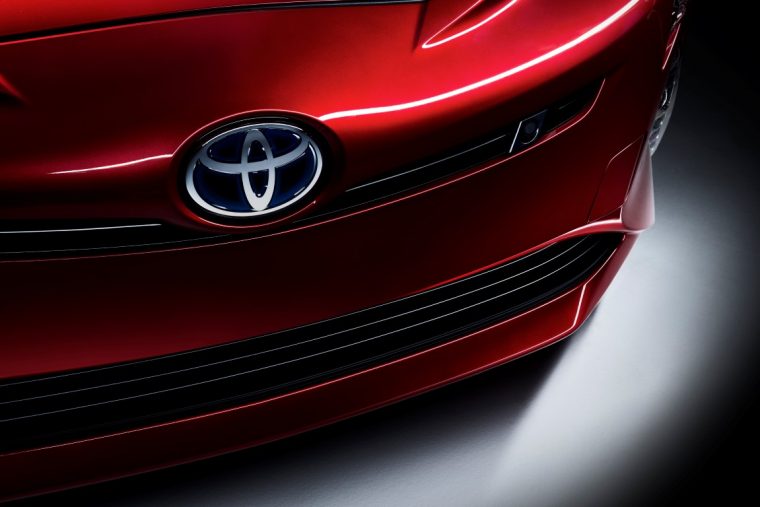Toyota May Begin Selling Powertrain Components to Competitors
Nobody but Toyota engineers have ever really known what goes on under the hood of a Toyota Prius. Like other automakers seeking to maintain their competitive edge, Toyota has kept the intricacies of its powertrain technologies a closely guarded secret—but that may be about to change.
Toshiyuki Mizushima, president of Toyota’s powertrain company, told reporters that the Japanese automaker is considering selling complete powertrain modules to its competitors, including engines, transmissions, and other drive components.
Coveted Powertrain: 2017 Toyota Prius – the most fuel-efficient hybrid car on the market
The decision would be motivated by two major factors. First, spreading hybrid technology throughout the automotive market benefits everyone thanks to the reduced environmental impact of hybrid cars. Second, in a world where cars are increasingly becoming like electronic appliances on wheels, it makes more practical and economical sense to standardize most mechanical parts while focusing on packaging and presentation to demark them from the competition.
Today, the players in the automotive industry are less focused on outdoing each other when it comes to mechanical engineering, instead putting their efforts into offering more features and services.
“Toyota suppliers produce a lot of technology which can only be used by Toyota,” said Mizushima. “We want to change that to a system where we develop technology with our suppliers at an earlier stage…so they can make that technology available to non-Toyota customers.”
Toyota Corolla: Meet the world’s bestselling car
Opening Toyota’s proprietary technology would also give competing automakers the opportunity to save big on R&D costs, which have been skyrocketing since 2010 as a result of a major global push for hybrid cars, all-electric cars, self-driving cars, and various mobile technologies.
Toyota alone spent $9 billion in R&D last year. Selling its powertrain models would allow it to recoup some of that money while giving others brands access to components that may have cost a lot more to develop in-house—and would likely have been of lower quality.

The News Wheel is a digital auto magazine providing readers with a fresh perspective on the latest car news. We’re located in the heart of America (Dayton, Ohio) and our goal is to deliver an entertaining and informative perspective on what’s trending in the automotive world. See more articles from The News Wheel.


